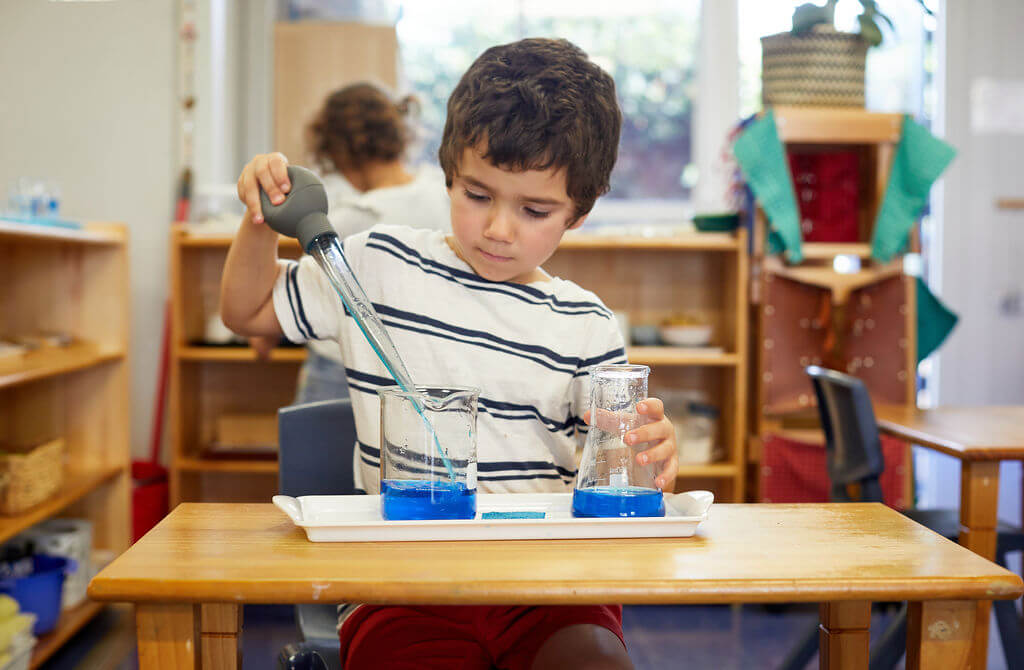Montessori Planes of Development
Maria Montessori believed that if education followed the natural development of the child, then society would gradually move to a higher level of co-operation, peace and harmony since the individual is not forced to think or act in a certain way but encouraged by their own thought, will and passion.
Dr. Maria Montessori’s Stage Theory of Human Development, which she called The Four Planes of Development, is based on her studies as a Doctor of Medicine with degrees in Education, Psychology and Anthropology. As an empiricist, her educational method was developed through close observation of children in elementary schools and the way they learn.
The Four Planes or Stages of Human Development are:
The First Plane: Absorbent Mind (Ages 0-6 or Early Childhood)
In the first plane from birth to age six, the child is characterised by their ‘absorbent mind’. During this stage, the child is encouraged to explore on their own time. The child learns from everything and everyone around them, absorbing all aspects of their environment, language and culture. This stage of learning is natural or effortless since the child unconsciously absorbs everything they see, hear and touch. Through imitation and practice, the children learn and develop basic skills.
Since children of this age cannot yet distinguish what is right from wrong and good from evil, the presence of adults are necessary to help correct the child and guide them on how to distinguish between what is right from wrong. The first Plane is very important since this stage is a sensitive period crucial to the development of basic skills and the absorption of basic human principles.
The Second Plane: Reasoning Mind (Ages 6-12 or Childhood)
In the second plane from age six to twelve, the child uses a ‘reasoning mind’ to explore the world with abstract thought and imagination. Following the development of basic skills and principles by the individual, the child is now ready to explore beyond the self and learn from others by interacting with the community around them. With a more logical mind which is starting to think abstractly, the child begins to ask questions and in turn, the adults help them rationalise the answers to their questions.
In the classroom, the children move to harder topics in math, science, history and language to help develop higher levels of learning especially critical thinking which is one of the most important aspects in the next stage of human development. Inside the prepared environment, the teachers or the faciliatory create multiple environments where the children can interact with one another and in turn teach and learn from each other.
The Third Plane: Social Consciousness (Ages 12-18 or Adolescence)
In the third plane from twelve to eighteen, the adolescent has a ‘humanistic mind’ eager to understand humanity and the contribution he or she can make to society. In this stage, the individual does not only experience physical change from child to adolescent. The person’s view and expectations in life also extends from the confines of the family and the walls of the community to the endless possibilities and adventures offered by the world. He or she becomes more independent in preparation of exploring outside their immediate community.
To support this stage of development, Montessori education creates wider avenues for individuals to find something to explore, be this through talents, passions, further education and many more. Through prepared environments, the individuals are given an idea and a feeling of how one should and can work with other people in various settings.
The Fourth Plane: Transition to Adulthood (Ages 18-24 or Maturity)
In the last plane of development, from age eighteen to twenty-four, the adult explores the world with a ‘specialist mind’ taking his or her place in the world. Equipped with the necessary skills and principles needed to survive and create a good life, the individual is prepared to find and start living the way that can fulfil their purpose in life.
In Montessori Education, the end of maturity and the transition to adulthood does not mean the end of development. The foundations and principles of Montessori Education teaches the individual the importance of learning and imprints in them the love of learning to continue the quest for self-growth. The individual or the adult sets out into the world to contribute to their community and the society and in turn continue to learn and refine its self to attain the best version of what a human being can achieve to be.
At Rockingham Montessori School, we follow the Four Planes of Human Development in our Montessori Curriculum. We create an environment where each aspect necessary for each stage of development can be utilised by our students so that we can help bring up independent individuals that can also live in harmony and work with other people as part of a bigger community.
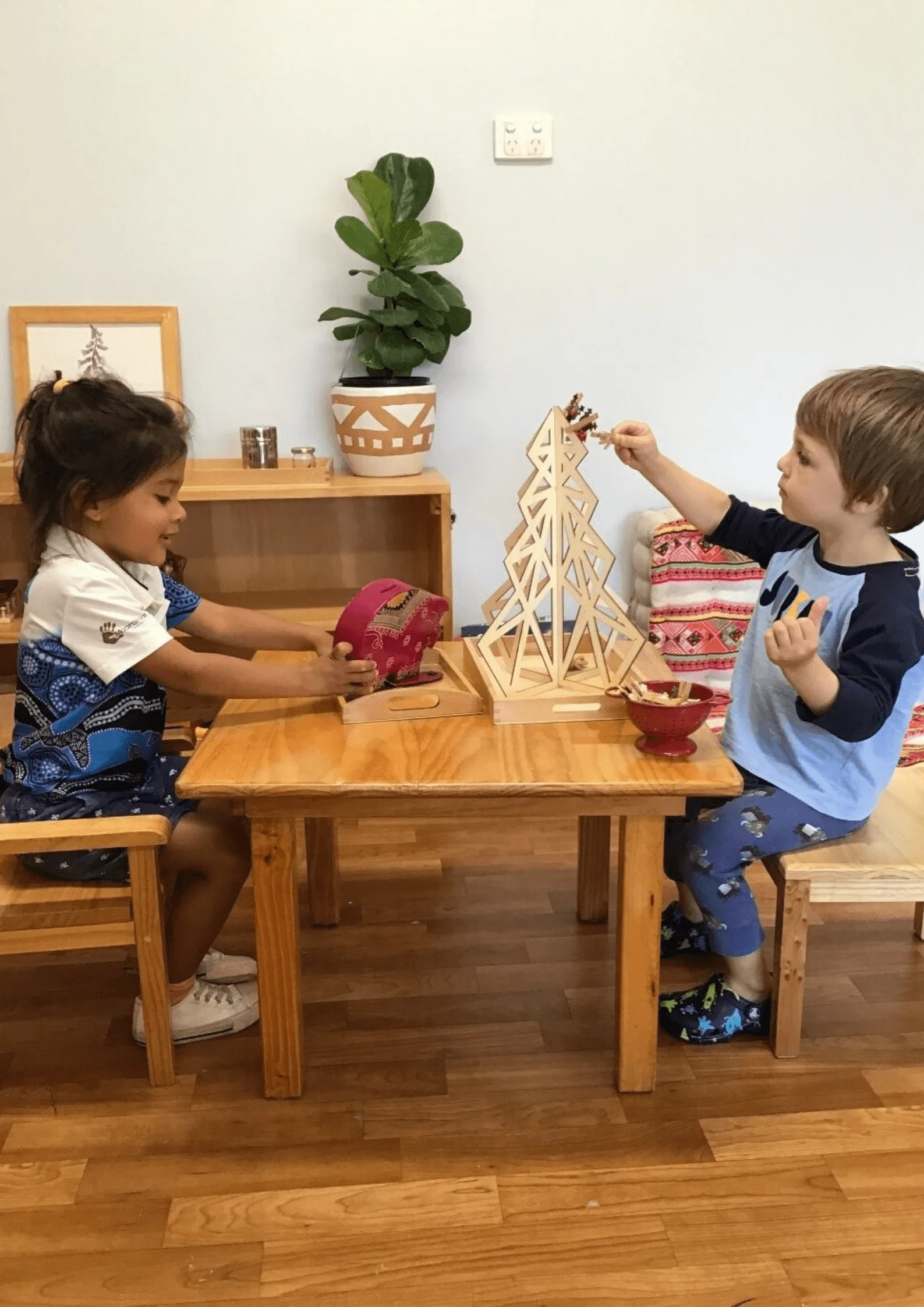
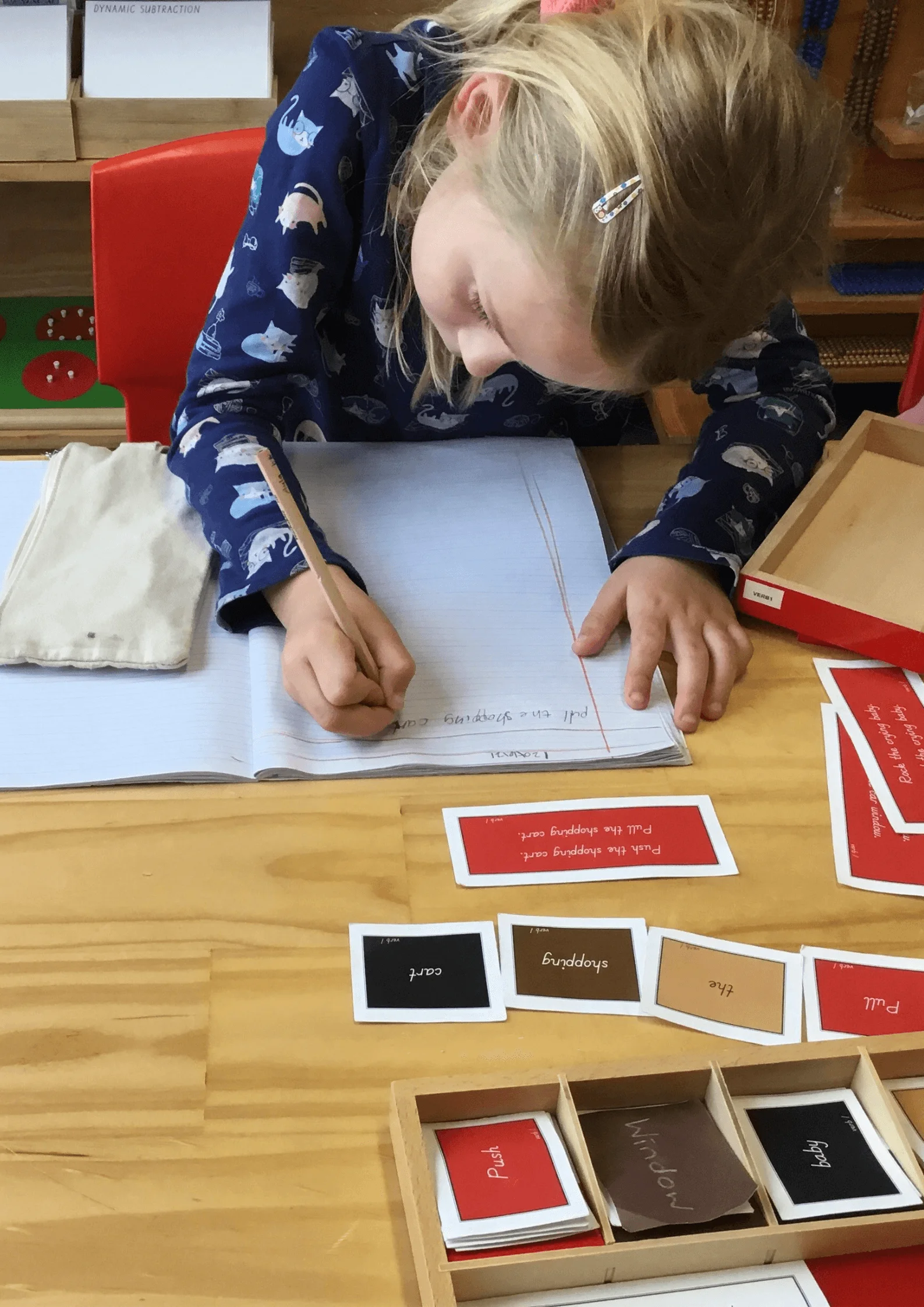
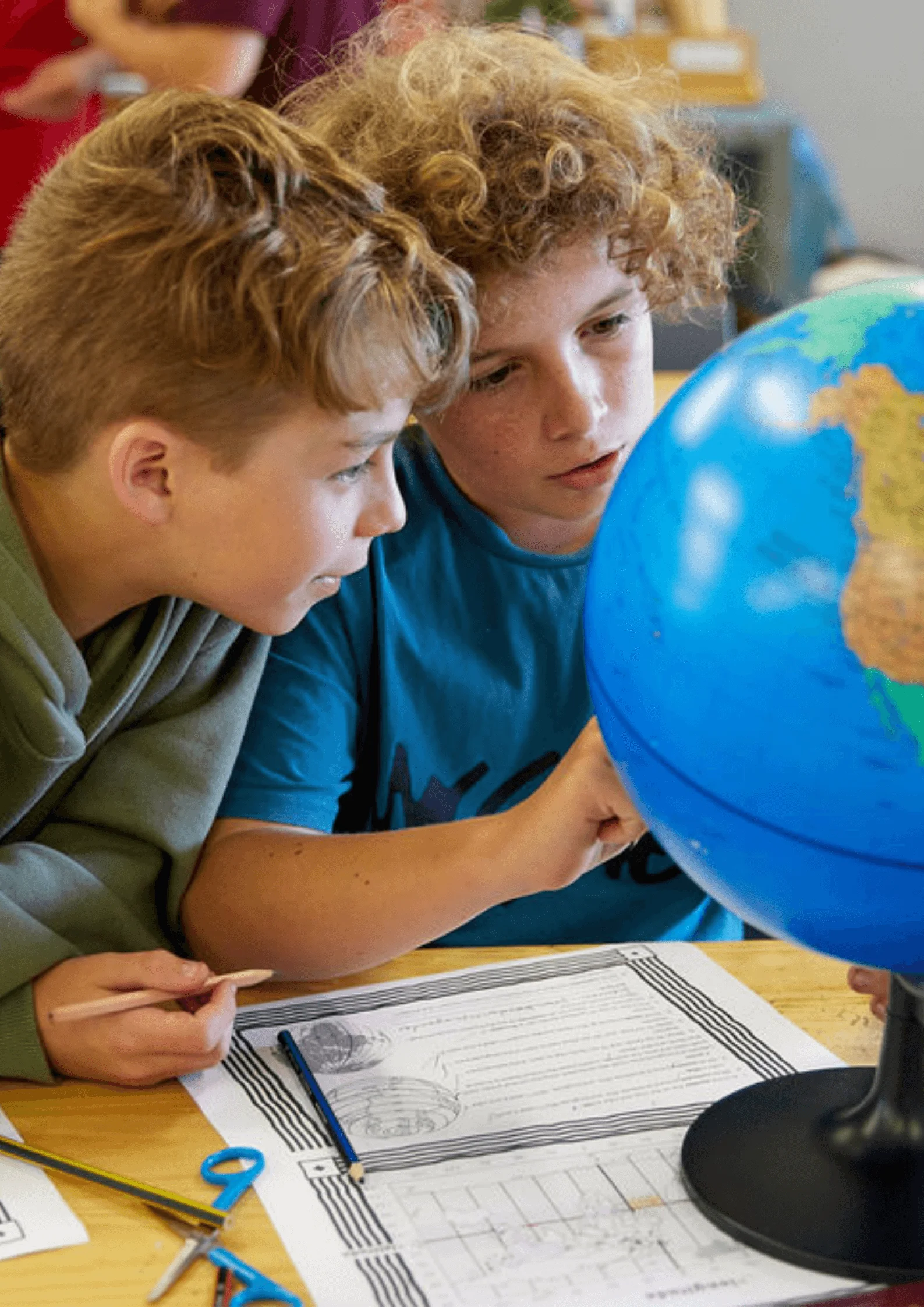
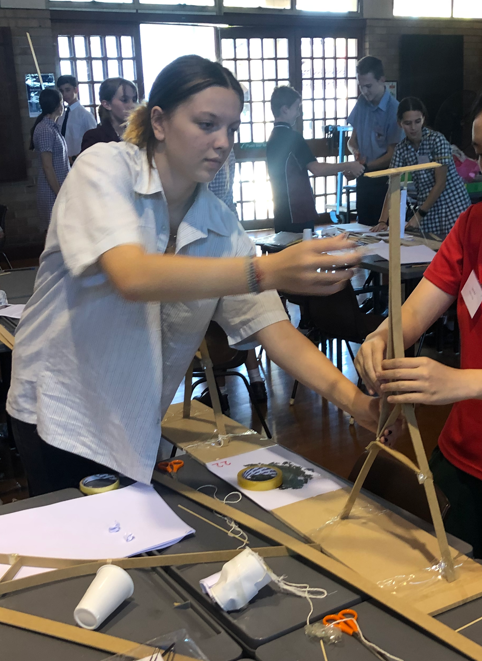
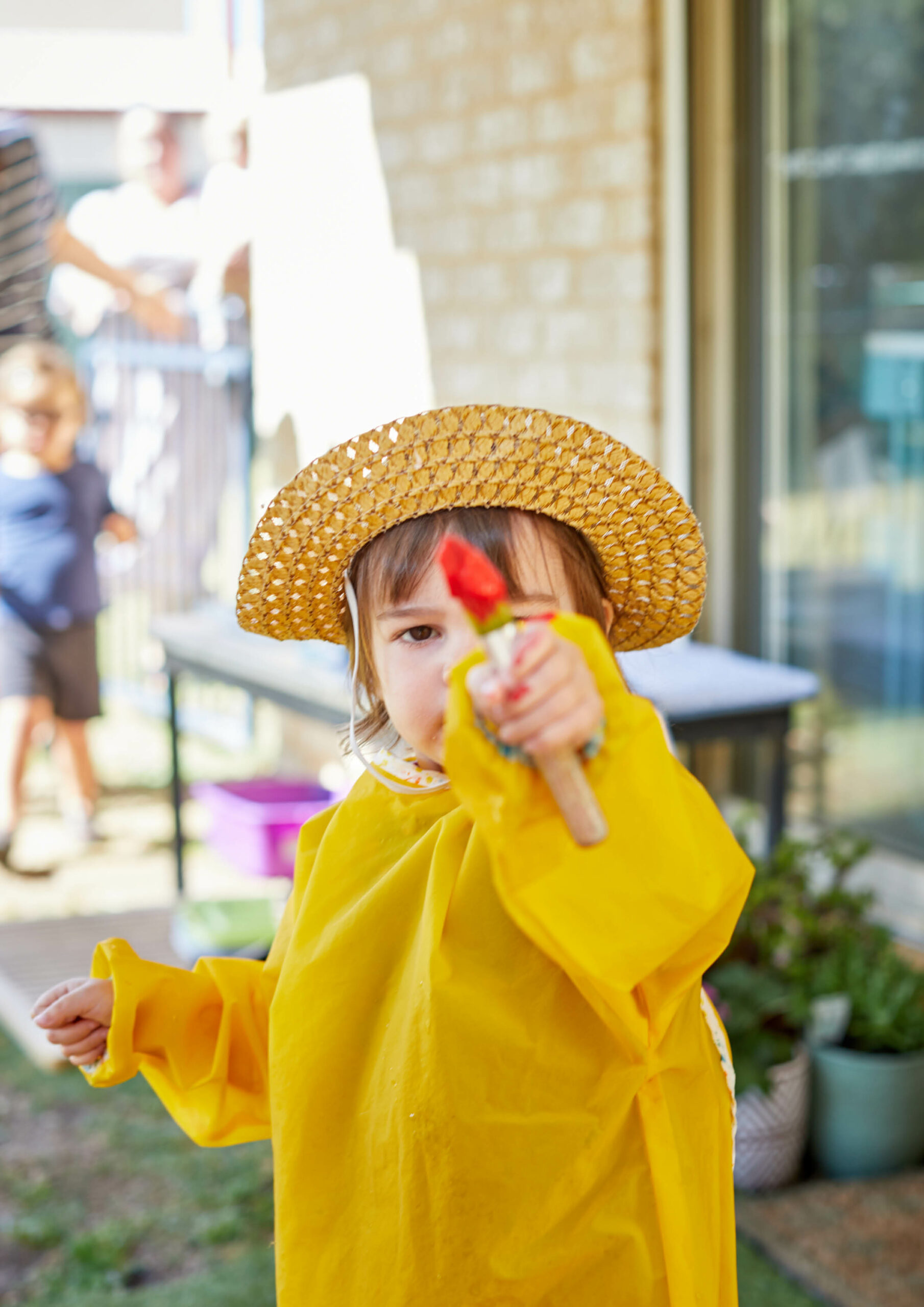
Early Years
0 - 3 Years
Our Infant Toddler Program (Playgroup) is the ideal way for your family to experience the Montessori philosophy and practice, while providing toddlers with a gentle transition to the Children’s House.
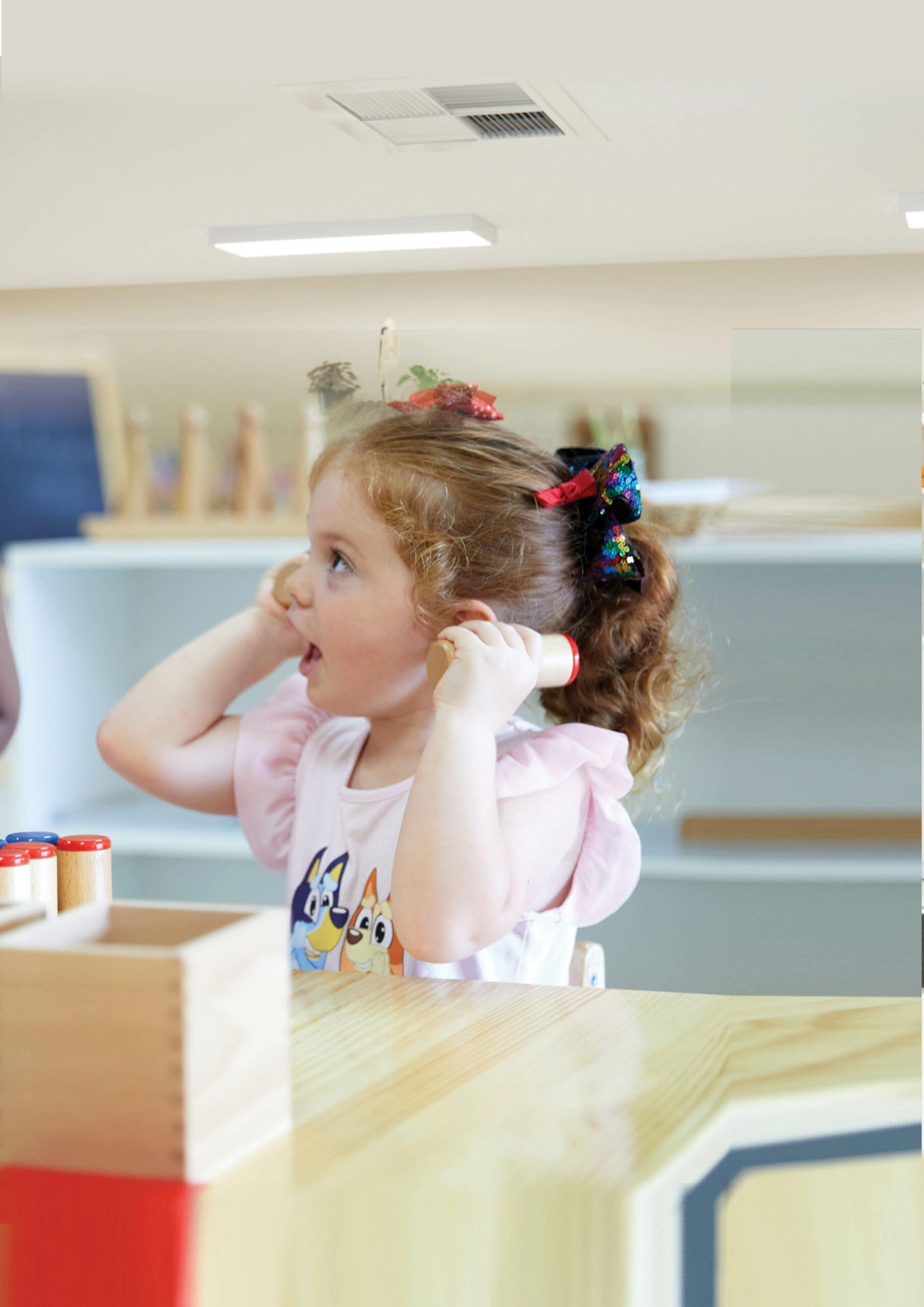
Children’s House
3 - 6 Years
Rockingham Montessori School has three Children’s House classrooms, named Dolphins, Penguins and Seahorse, reflecting our seaside location. Each is led by a dedicated and highly-trained Montessori teacher.
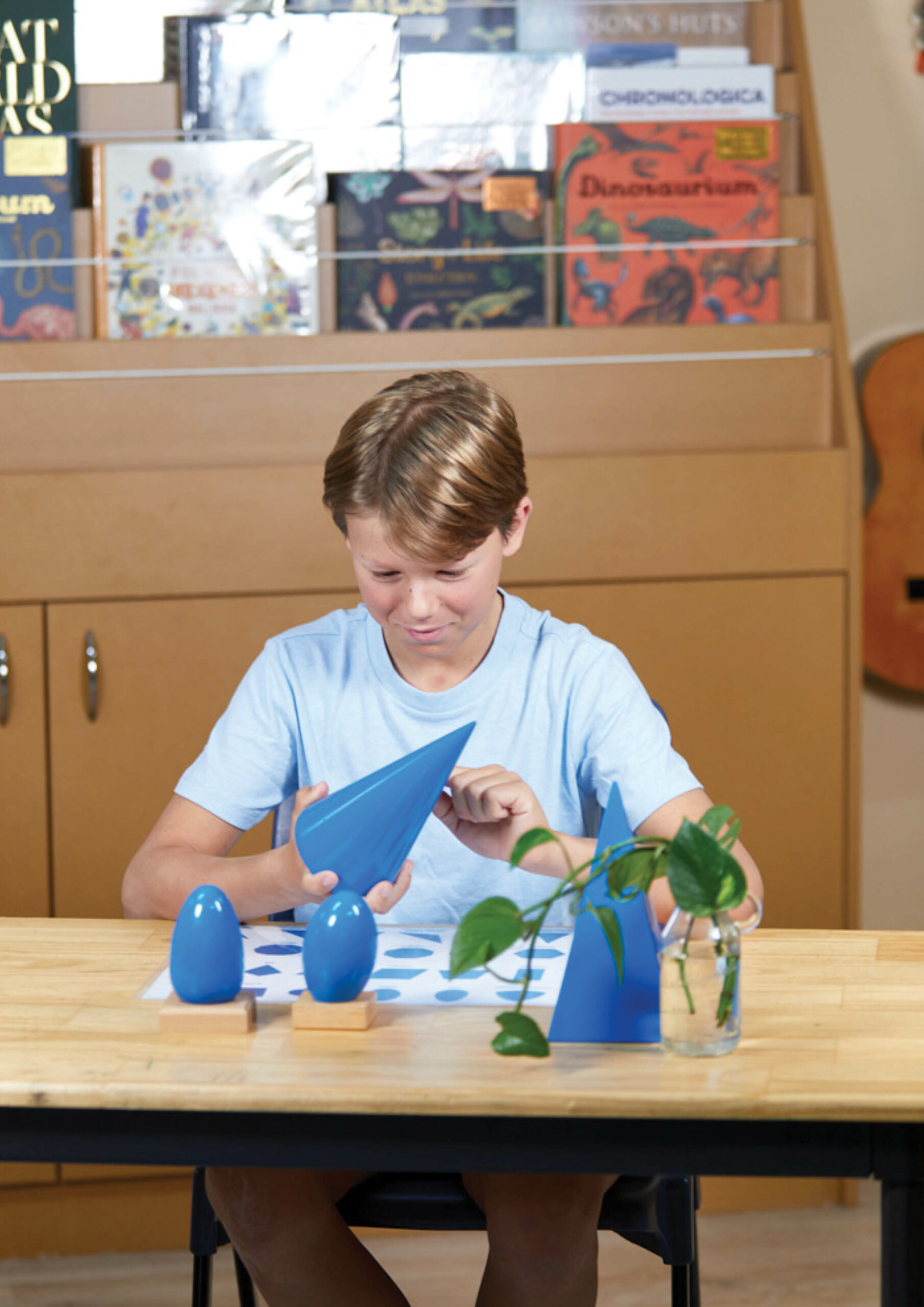
Primary Program
6 - 12 Years
Rockingham Montessori School has three Lower-Primary classrooms: Jelly Fish, Starfish and Sea Lions, continuing our ocean theme. Teachers are Montessori-trained and work with the help of an education assistant.
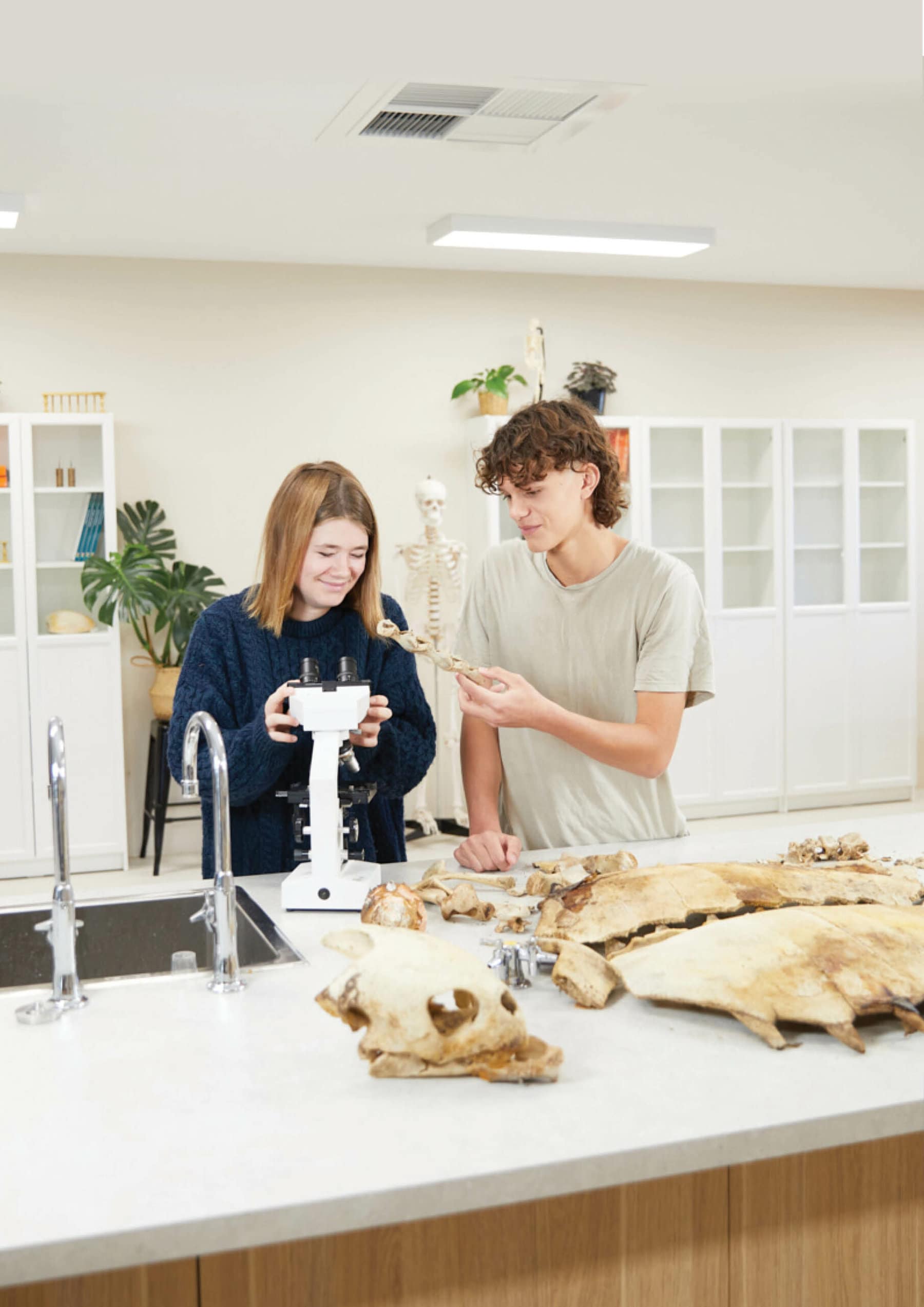
Adolescent Program
12 -18 Years
In Montessori’s third plane of development, from twelve to eighteen years old, the adolescent has a ‘humanistic mind’ eager to understand humanity and the contribution they can make to society.

